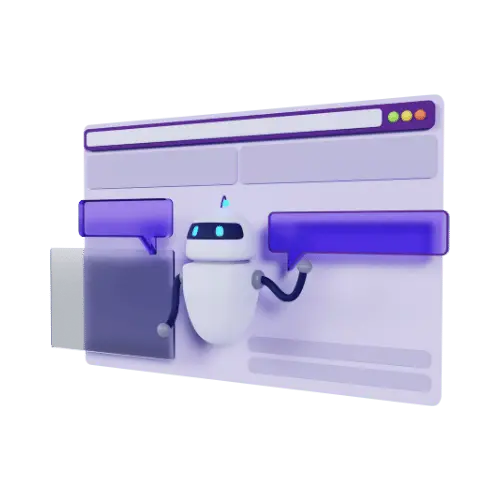Introduction
The Chief Technology Officer of OpenAI, Mira Murati, recently provided an interesting glimpse into the future of artificial intelligence in the visit she made at Dartmouth Engineering, her alma school. Murati provided insights into the upcoming version of ChatGPT and promises that it will be able to actually achieve PhD level intelligence. It will launch in the next year and one-half.
Evolution of ChatGPT
From Toddler to High-Schooler
Murati has described the development journey of ChatGPT’s technology:
- GPT-3 is described as having a level of toddler intelligence.
- GPT-4 Acquired the cognitive abilities that a student in high school.
Next-Gen ChatGPT: PhD-Level Intelligence
The next generation of ChatGPT could show an intelligence that is comparable to an academic with a PhD specifically in specific tasks. Murati said that this high degree of intelligence could make conversations with chatbots appear as if it’s more intelligent than its user in a variety of fields.
Launch Timeline
The next generation of ChatGPT is scheduled to arrive in “a year and a half,” adequate Murati. Murati. This is a timeline that sets the foundation for major advancements in AI capabilities. It is expected to change the way we interact with and use AI.

Potential and Capabilities
Murati has highlighted the amazing capabilities of the ChatGPT next-gen:
- Enhanced Conversational Skills Users may feel that AI is smarter than them in a variety of domains.
- Particularized Expertise Specialized Knowledge: The AI is able to excel at specific jobs, with its superior knowledge and solving knowledge.
Commenting on Concerns regarding AI Autonomy
Jefferey Blackburn’s Question
In the discussion, Dartmouth Trustee Jefferey Blackburn asked a key question regarding the risks that could be posed by highly intelligent AI. The Trustee demanded Murati what steps are currently in place to stop situations where AI systems could autonomously connect to the internet, and then take actions on their own.
Murati’s Response
Murati acknowledged the concerns, and stated she was confident that OpenAI will be actively working to address the issues. Murati explained that:
- Agent Capabilities Artificial intelligence systems in the near future are expected to come with agents, which means they’ll be able to connect with the internet as well as communicate with each others, and work seamlessly with human agents.
- Security and collaboration: OpenAI is focused in ensuring that AI agents are able to work safely and efficaciously together with human beings, in the same way the way humans work with one another in the present.
Conclusion
The new generation of ChatGPT and its expected high-level of intelligence at PhD, is an important leap on the road to AI development. It is scheduled to be launched in an year and a half, this new model can help in providing new capabilities that could revolutionize interactions between humans and AI. The prospect of an advanced AI has raised important concerns about the safety and autonomy of AI, OpenAI is committed to solving these issues, and to ensure that AI advances benefit the society in a controlled, coordinated way. In the upcoming years, as we anticipate this development, we know that future AI has enormous potential and hope for transformation.
